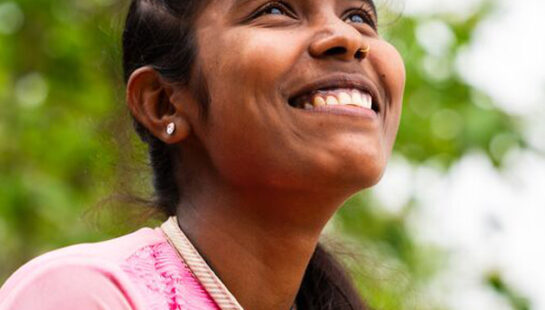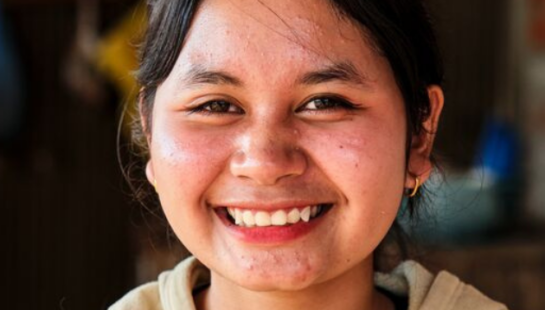In Partha’s village, marriage doesn’t just mark a union; it comes with a price tag.
For many years in most parts of Nepal, a dowry paid by the bride’s family to the groom’s has been expected part of marriage.
Sometimes the families will negotiate the amount to be paid, with educated grooms commanding a higher price due to their employment prospects and social status. But for families in poverty a dowry opens the door to debilitating debt, which is why Partha (a mother of two adult sons) is determined to change this system. ‘I need to stop this practice, starting in my own home, to be a model in this community,’ she said.
A System That Puts Girls at Risk
The dowry system—when a bride’s family gives money, goods or property to the groom’s family during the marriage ceremony—has been around as early as 1700 BC in ancient Babylon, and has existed in many cultures since.
‘The practice is now decreasing, but around the southern border of Nepal and India, dowries are still prevalent,’ said Mukunda Adhikari, International Programs Manager for Baptist World Aid Australia. ‘In South Asian communities, it’s how people know what’s of ‘value’ in society, especially in regard to women.’
Historically, dowries were intended to have some benefits for families. In civilisations where women were unable to own property, the dowry system was a way to pass down wealth to the bride, secure her financial stability after marriage, and help the newlywed couple set up a new home.
But these benefits are greatly outweighed by the risks that dowries pose for women today, including:
- Poverty – bride families are often under pressure to pay substantial dowries to secure a desirable husband. Families in poverty can struggle to meet the demand, potentially leading to overwhelming debt or selling assets they need to make a living.
- Child marriage – as a girl grows older, the number of suitors decrease, which drives up the price of a dowry. Parents can be compelled to marry their daughter while they are young to reduce the financial burden.
- Exploitation – wives can be exploited by the husband’s family to secure ongoing payments from her family, resulting in abuse and dowry-related violence.
- Missing out on school – the dowry system can lead families to prioritise saving for dowry payments over investing in their daughter’s education, making it less likely for girls to finish school compared to boys.
Today’s Dowry System in Nepal
In Nepal, the dowry system was made illegal in 1976 under Nepal’s Social Practices Reform Act. Then in 2009, the government enacted another law to explicitly outlaw the giving and taking of dowries.
Despite these measures, the practice is difficult to enforce and remains widespread across many communities in Nepal. ‘At its core, the dowry system is built on the belief that women are a financial burden rather than a person worth investing in,’ Mukunda said. For real change to happen, families need to change the cultural norm by abandoning the practice, and women like Partha are leading by example.
Partha is not just a hardworking mother; she’s also the chair of her village’s Self Help Group that was started by our Partner. After being convinced that the dowry system was harmful for her village, she talked to her two sons about creating a livelihood rather than depending on a dowry.
‘My relatives were angry and shouted at me, but I was determined not to get any dowry for my two son’s weddings,’ Partha said. ‘It took a while to convince my husband who works in India, but he also started supporting me.’
Partha finally managed to arrange marriages for her two sons without a dowry exchange, which was a big surprise to her community. Her bravery inspired other members in her Self-Help Group to do the same. Two of the women talked to their children’s in-laws about not giving or taking a dowry, and all the families agreed not to follow the practice.
What’s inspiring about Partha and her friends’ actions in not just their bravery, but their willingness to forgo the spoils of privilege for the sake of pursuing justice for others.
What’s inspiring about Partha and her friends’ actions in not just their bravery, but their willingness to forgo the spoils of privilege for the sake of pursuing justice for others—and it’s a lesson we could all learn from. Their determination to lead by action shows that change can happen when individuals act with conviction, even when it comes with a cost.



 Heather Keith,
Heather Keith,
